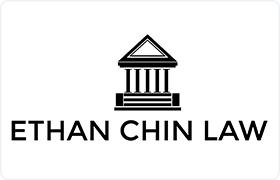Aguanga Credit & Debt Lawyer, California
Sponsored Law Firm
-
 x
x

Click For More Info:
-
Ethan Chin Law
2400 East Katella Ave. Suite 800 Anaheim, CA 92806» view mapBankruptcy & Debt Passion. Dedication. Care.
We strive our best to provide efficient legal services at low cost so that families can worry less and take their first steps finding a solution to their issues.
800-908-6270
Michael Dennis Iverson
Elder Law, Corporate, Credit & Debt, Personal Injury
Status: In Good Standing Licensed: 18 Years
Amy Maria Oakden
Securities, Workers' Compensation, Credit & Debt, Construction
Status: In Good Standing Licensed: 14 Years
 Ethan Chin Anaheim, CA
Ethan Chin Anaheim, CA Practice AreasExpertise
Practice AreasExpertise
